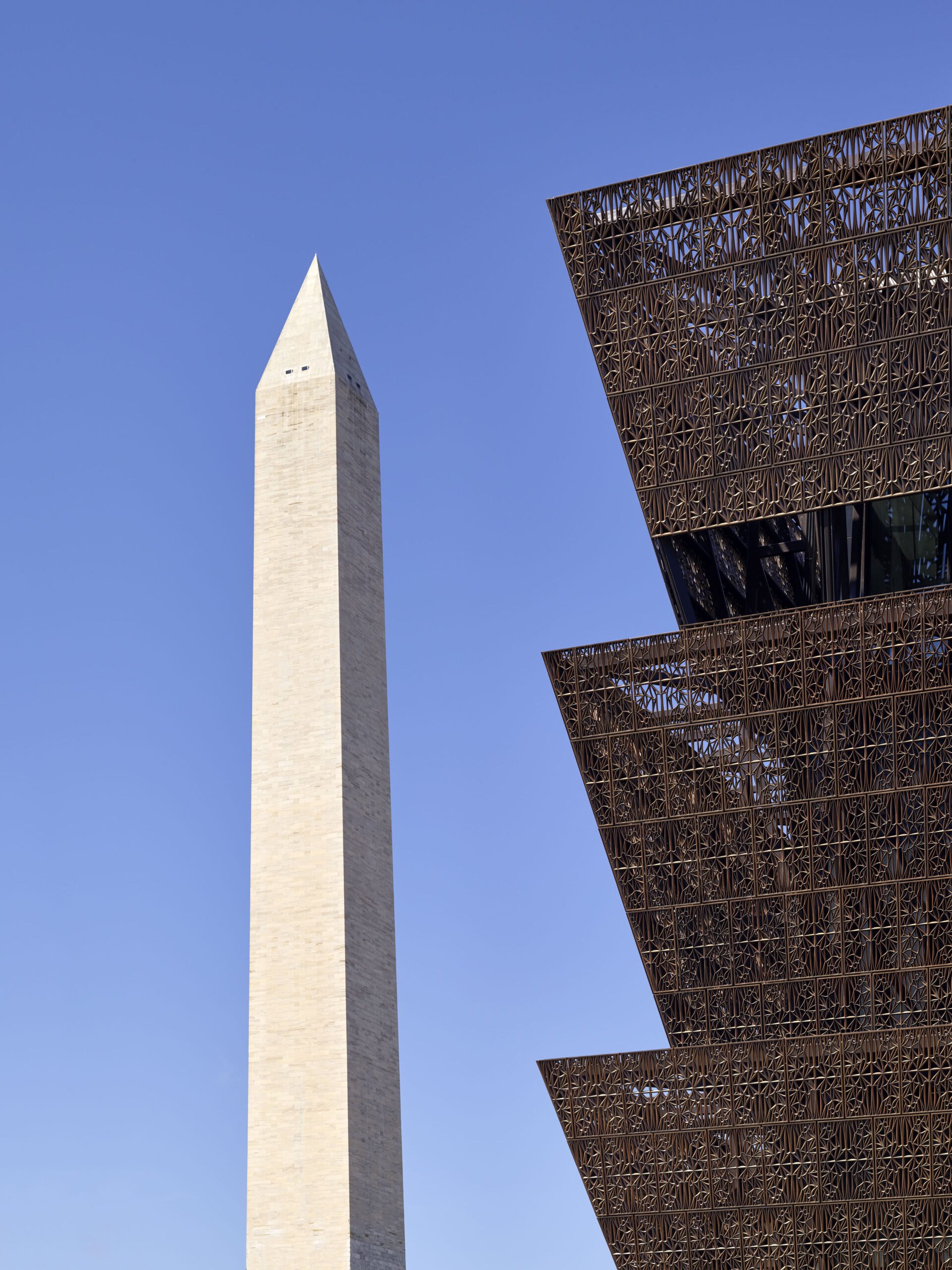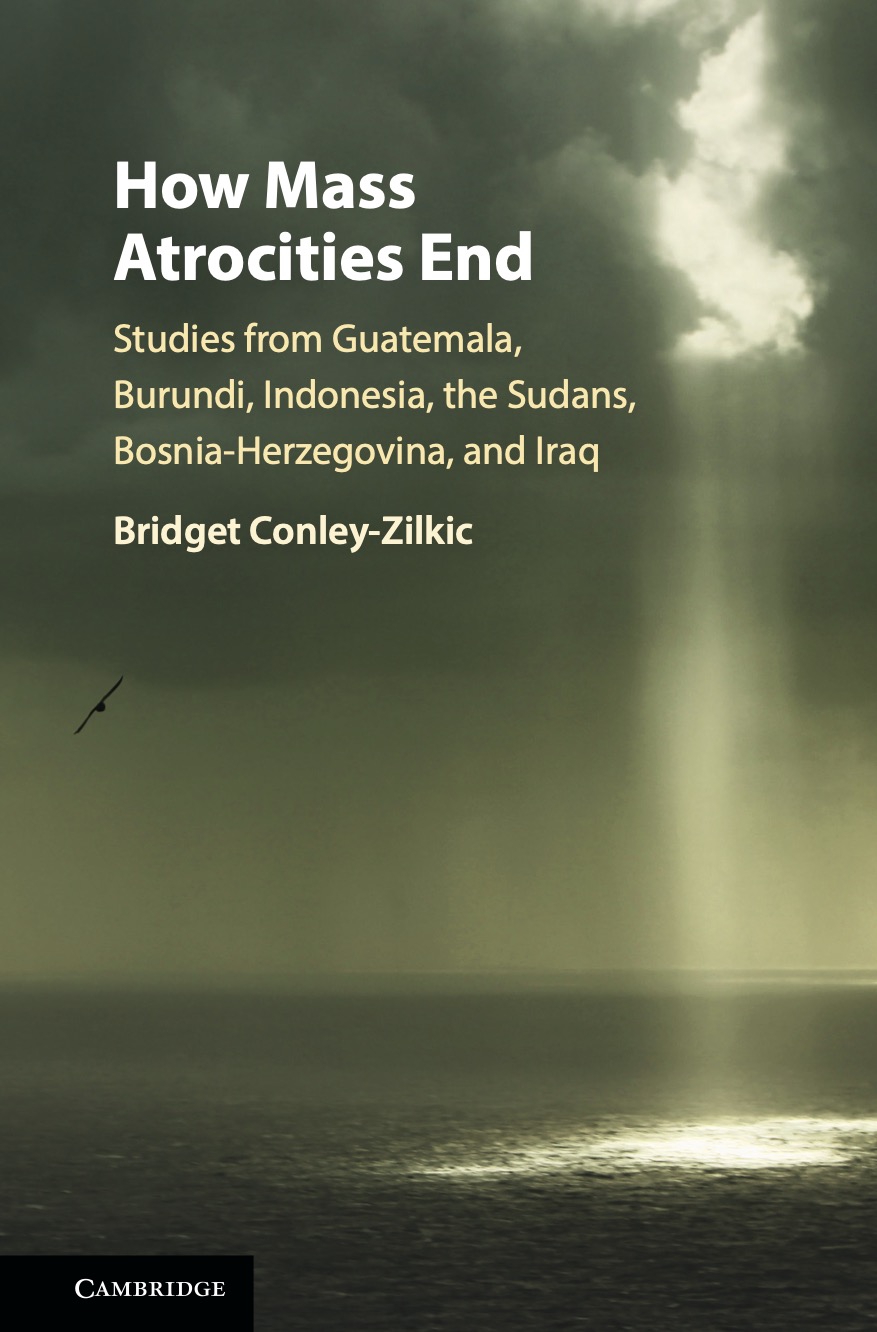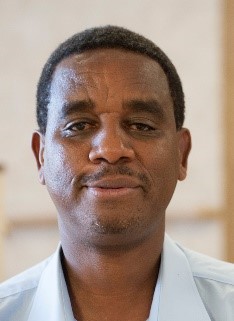The existing conventional meta-narrative for genocide and mass atrocity against civilians is empirically and analytically strong on the origins and nature of such extreme violence, but takes a normative turn when considering endings. The ‘ideal’ ending, which tends to preoccupy advocates and policymakers, consists of an international military intervention, cessation of violence, establishment of peace and democracy, and an exercise in transitional justice that may include trials, assistance to the survivors, memorialization, compensation and reparation.
This project asked, how do atrocities actually end? It explored the oft-neglected empirical study of how genocides and mass atrocities terminate. In this program, ‘endings’ includes analysis of patterns of de-escalation of direct, lethal violence and other forms of harming civilians, and the study of recurrence in the context of global trends. The focus was determined by two interests: first, the impact of organized violence on civilian populations, and second, concern that conventional narratives of ending atrocities through military intervention were inadvertently lowering the bar for military intervention by adding a human rights-based argument to buttress militarism. The project concluded in 2021.
Key Findings
- Endings fall into one of three typologies: as planned, defeat (primarily by domestic forces), or moderation within the perpetrator regime.
- Since the mid-1980s, increasingly endings occur by moderation, whereas previously regimes pursued killing as planned.
- Endings are determined by national political agendas, not international policy or interventions—although these can impact the dynamics of ending.
- In the post-Cold War era, atrocity endings are more varied than previous periods.
- Openings to de-escalate violence can only be consolidated and maintained in places where a state has sufficient capacity (Iraq provides a counter-example).
- Ending atrocities is not synonymous and can be at odds with advancing democracy.









